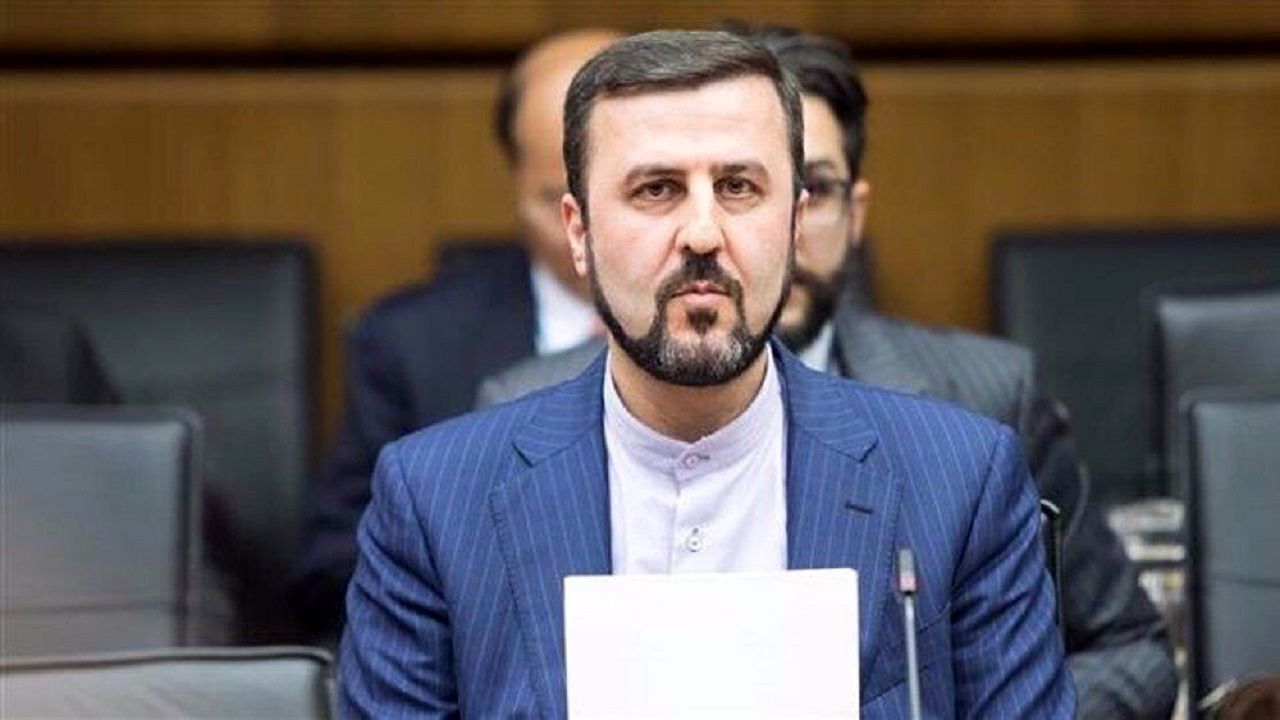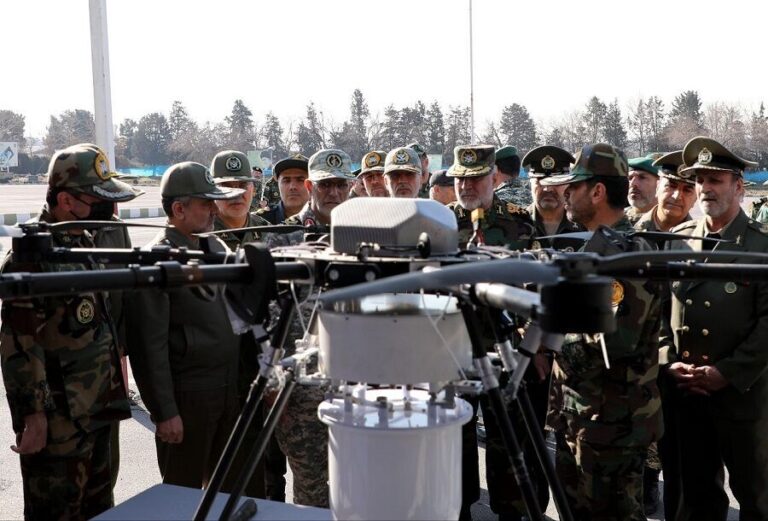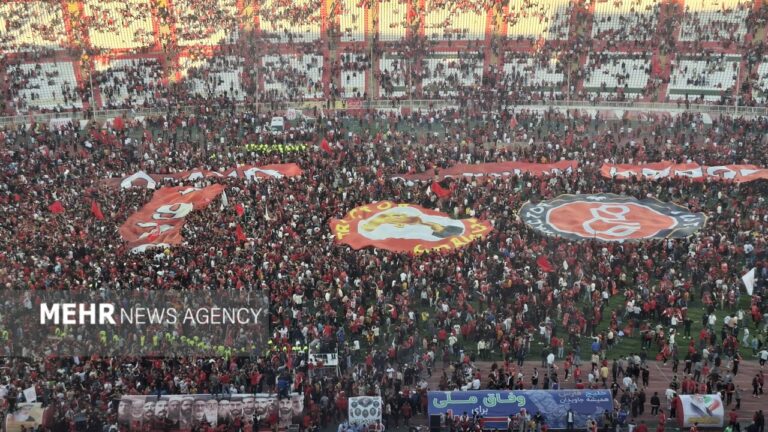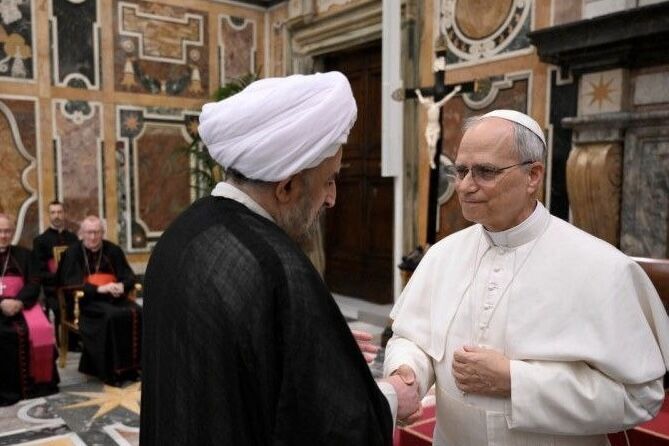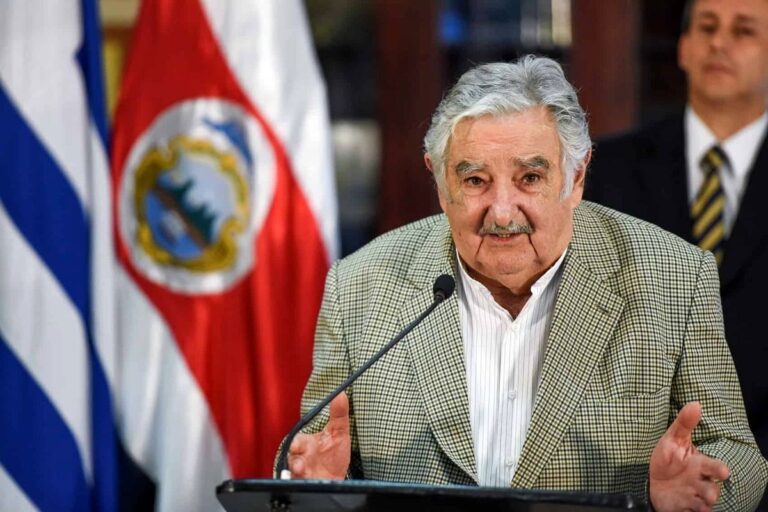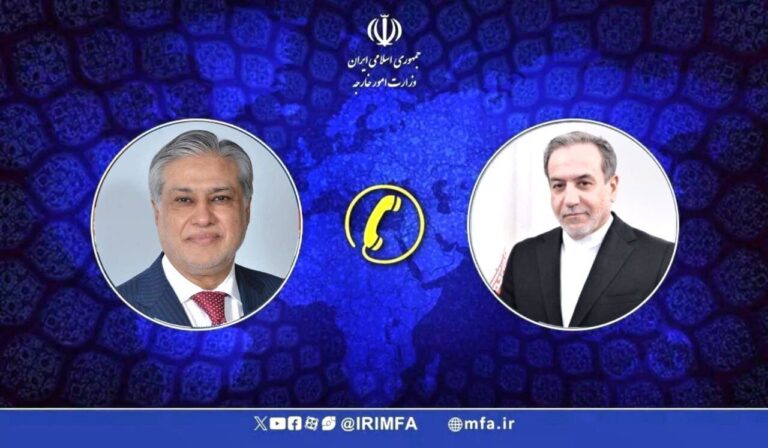Iran to Protest U.S. Threats with Formal Letter to Security Council
In a significant diplomatic move, Iran’s Deputy Foreign Minister for Legal and International Affairs, Kazem Gharibabadi, has announced plans to address the United Nations Security Council regarding U.S. President Donald Trump’s military threats against Iran. This action comes in response to escalating tensions and is poised to highlight the implications of the U.S. approach on international law.
Gharibabadi shared the news on his X account, stating that the letter aims to formally document the U.S. threats, which he claims violate both international law and the United Nations Charter. He emphasized that:
- The Iranian populace’s extensive involvement in rallies commemorating the 46th anniversary of the Islamic Revolution serves as a strong rebuttal to Trump’s recent assertions.
- “Iran will firmly protect its security and national interests,” he affirmed.
On February 7, Trump expressed in an interview with the New York Post that he would prefer to negotiate with Iran rather than resort to military action. However, tensions have escalated since Trump unilaterally withdrew the United States from the nuclear agreement established under former President Barack Obama in 2018, which allowed the International Atomic Energy Agency (IAEA) to oversee Iran’s nuclear activities.
Despite initial signals from President Masoud Pezeshkian’s administration regarding potential negotiations with the U.S., the President criticized Trump’s recent actions. He stated that Trump’s decision to sign a presidential memorandum aimed at renewing “maximum pressure” on Iran contradicts the U.S. President’s claims of seeking dialogue.
In a related statement on February 7, the Leader of the Islamic Revolution, Ayatollah Seyyed Ali Khamenei, cautioned against negotiating with what he described as a “perfidious” U.S. government. He asserted that:
- “If they threaten us, we will threaten them,”
- “If they actuate that threat, we will actuate ours.”
- “If they violate our nation’s security, we will violate their security without a doubt,”
This situation highlights the ongoing complexities in U.S.-Iran relations and the broader implications for international diplomacy.
